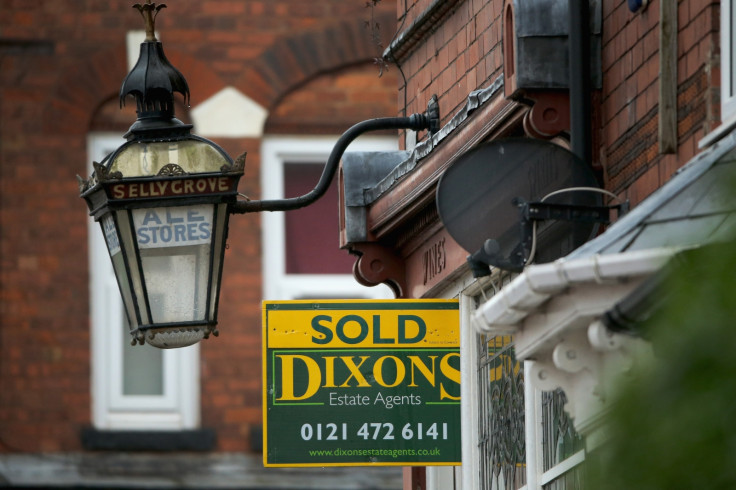UK house prices suffer unexpected decline in January
Halifax figures show average price of a property in the UK declined to £223,285 in January.

The average cost of purchasing a property in Britain declined unexpectedly in January, driving the annual pace of growth to its lowest level since July, a survey from the UK's largest lender has revealed.
According to data released by Halifax on Wednesday (7 February), average house prices declined 0.6% month-on-month in January, to £223,285 ($251,980).
The average price is 1.9% higher than in January 2017, although it has edged down for two consecutive months after hitting a record high of £226,408 in November.
The monthly figure was way short of the 0.2% increase analysts expected and pushed the annual rate of growth in the quarter to January to 2.2%, in line with that recorded in the corresponding period 12 months ago.
However, the figure was both lower than the 2.7% rate of expansion recorded in the previous month and of the 2.4% growth economists had forecast,. It was also the lowest yearly increase since July, when prices rose at their slowest rate in more than four years.
Russell Galley, a managing director at Halifax, said the decline illustrated how household finances were still under pressure as consumer prices continue to grow faster than wages.
"Additionally, it's still too early to see any impact for first-time buyers from the abolition of stamp duty on purchases of up to £300,000, which was announced in the November Budget," he added.
"Despite the recent rise in the Bank of England Base Rate, mortgage rates are still very low. This, combined with an ongoing acute shortage of properties for sale, will continue to underpin house prices over the coming months."
Samuel Tombs, chief UK economist at Pantheon Macroeconomics, suggested the Bank of England (BoE) will be surprised by the figures as it did not forecast such a decline when it lifted interest rates for the first time in a decade in November.
BoE's Monetary Policy Committee (MPC) expected both mortgage approvals and house prices to continue to edge up, he added.
"The Committee focussed on showing that rate hikes wouldn't raise debt interest payments for existing homeowners sharply, but it played little attention to the impact that the hike would have on house prices," Tombs explained.
"This is a big oversight, given the key role that house prices play in households' confidence and spending. The MPC, however, can't ignore the evidence of a housing market slowdown now in front of them, so we doubt that they will signal to markets tomorrow that interest rates could rise as soon as May."






















